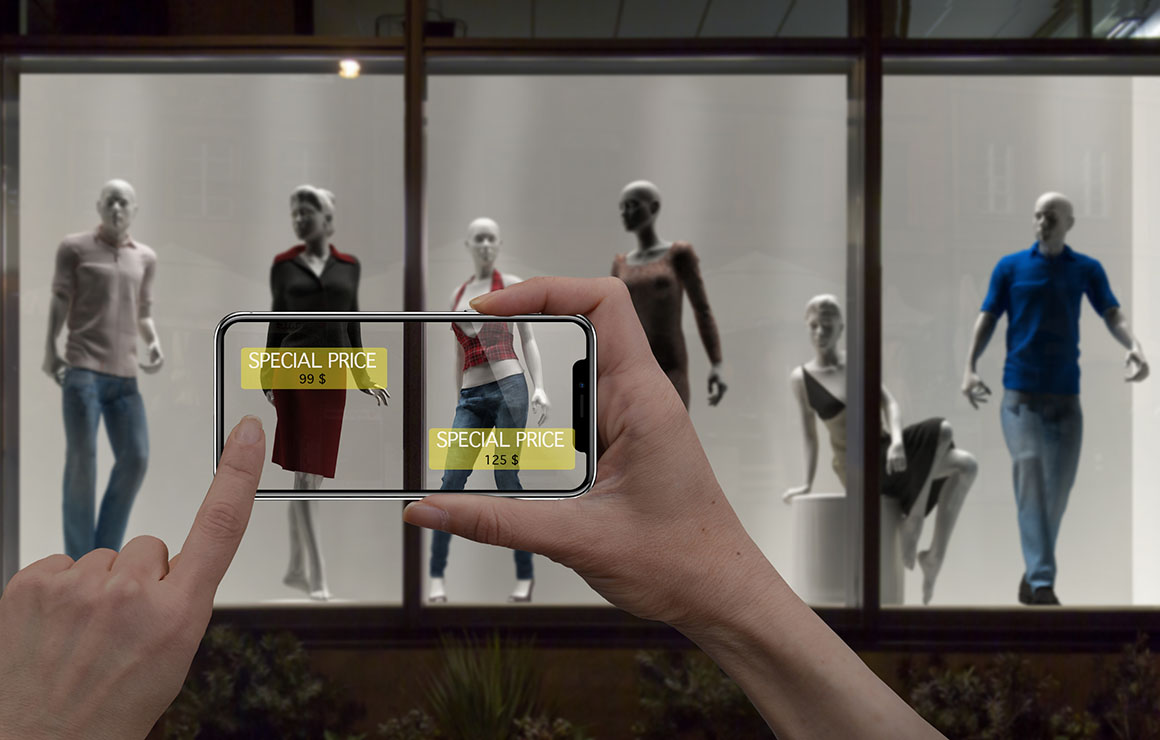Introduction:
The fashion industry has been largely traditional, with the production and selling of clothes being the main focus for years. However, the rise of technology has brought about a transformation in the industry, with digital fashion becoming more and more important. From virtual runway shows to digital garments, it is an exciting time for the fashion industry. In this blog post, we’ll take a deep dive into the world of digital fashion and explore how technology is shaping the future of this giant global industry.
Virtual Fashion Shows:
The COVID-19 pandemic has accelerated the shift towards digital fashion, and one of the most exciting developments has been the rise of virtual fashion shows. Early on into the pandemic, luxury fashion houses such as Chanel and Dior held virtual runway shows as an alternative to the traditional physical shows. These virtual shows use augmented reality, 3D rendering, and CGI to create a fully immersive experience for the viewer.
Digital Garments:
Another aspect of the rise of digital fashion is the creation of digital garments. These are clothes that exist purely in digital form; they don’t exist in the physical world. Digital garments have the potential to reduce waste and overhaul how we think about fashion. Not to mention, they are a great way for fashion designers to showcase their creativity without being restricted by traditional manufacturing methods.
Social Media and E-commerce:
Social media has been a game-changer for the fashion industry, allowing smaller brands to gain exposure and connect with their target audience. Platforms like Instagram and TikTok have become key marketing tools for fashion brands. Additionally, E-commerce has boomed in recent years with the rise of online shopping. This has led to a change in how customers interact with fashion products, with digital technology playing a huge role in the
online shopping experience.

Sustainability:
The fashion industry has long been criticised for its negative impact on the environment and ethical concerns surrounding labour practices. However, digitalisation has the potential to make the industry more sustainable. Digital garments, for example, could eliminate the need for fast fashion, reducing waste and pollution. Additionally, virtual fashion shows could cut down on travel and carbon emissions associated with traditional runway shows.
Future of Retail:
The pandemic has brought about a change in how people shop, with online shopping becoming the norm. In the future, physical retail stores may no longer be the focus for fashion brands. Instead, it will be all about creating a seamless, integrated shopping experience that is both in-store and online. The use of smart technology in stores such as smart mirrors, virtual assistants, and personalised recommendations will become even more important to provide a personalised shopping experience for the customers of tomorrow.
Conclusion:
Digitalisation is transforming the fashion industry in many different ways. From virtual fashion shows to digital garments, social media marketing to sustainability, the future of fashion is definitely digital. The COVID-19 pandemic has accelerated this transformation, but technology has been slowly disrupting the industry for years. It will be interesting to see how fashion brands navigate this digital revolution and what new innovations will emerge.